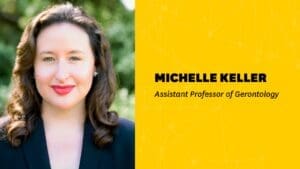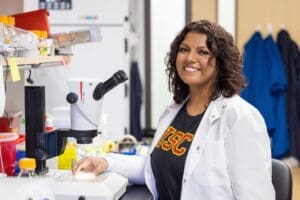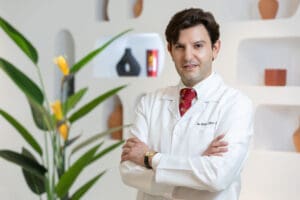Los Angeles Daily News and KFI 640 AM featured research by Caleb Finch and Jennifer Ailshire of the USC Leonard Davis School on how air free of PM2.5 particle air pollution can lead to a healthier brain. “Our findings underscore the importance of efforts to improve air quality as well as the continued importance of demographic and experimental evaluation of air pollution neurotoxicity,” Finch said. Long Beach Press-Telegram and California News-Times also published the story.
Livestrong featured Instructional Associate Professor Cary Kreutzer on healthy breakfast options. “Just 3/4 cup of plain Greek yogurt has 18 grams of protein and is low in sugar. You can add nuts and seeds to that to contribute protein and fiber,” Kreutzer says.






